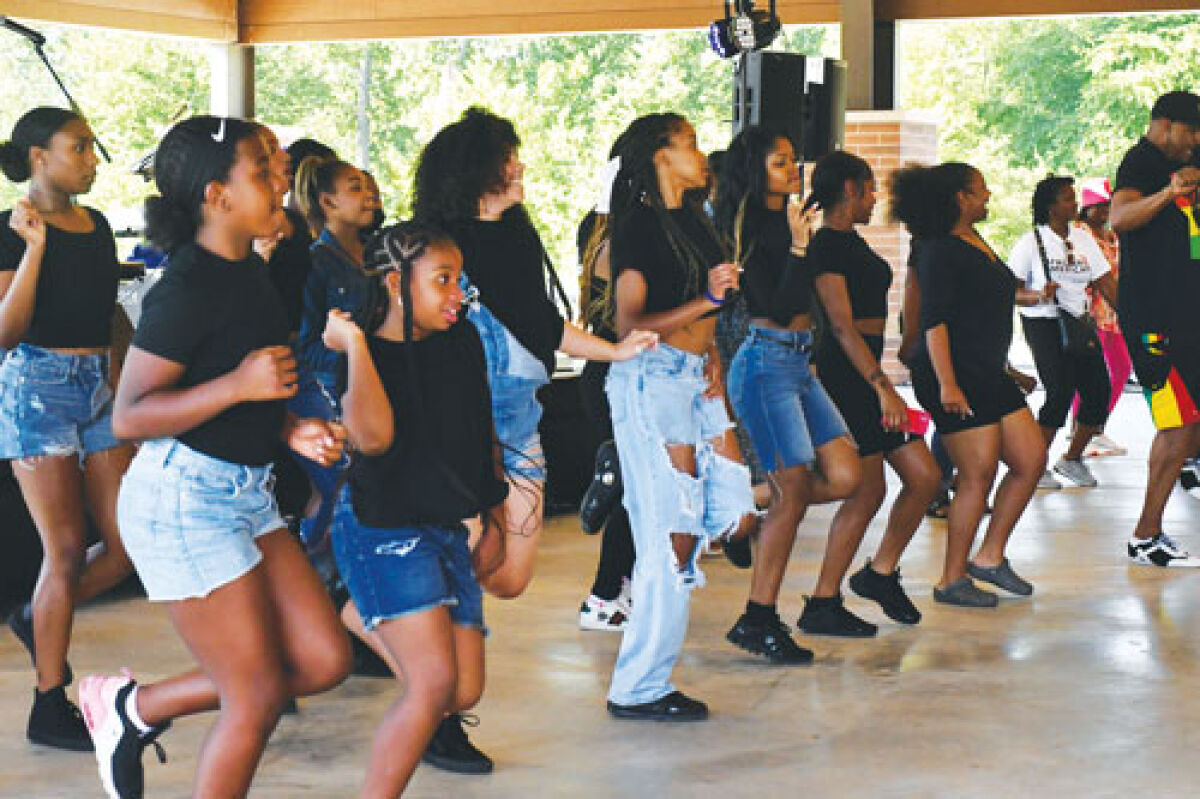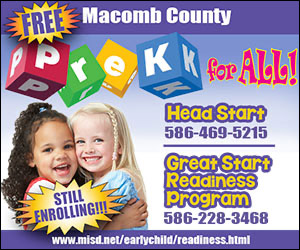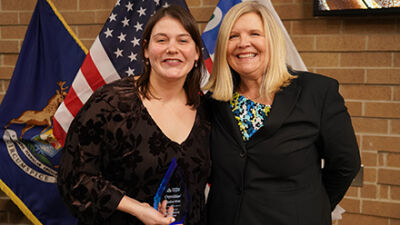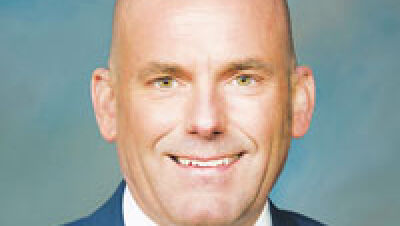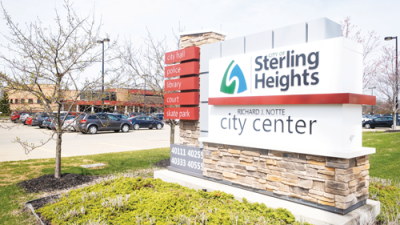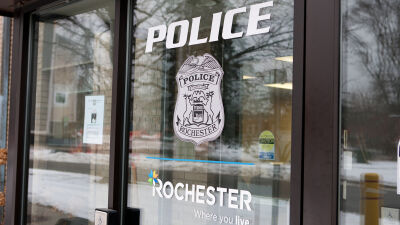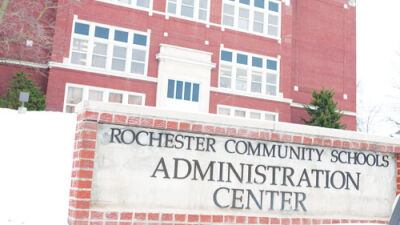STERLING HEIGHTS — The city of Sterling Heights will celebrate its fourth annual Juneteenth this year with a dance workshop, soul food sampling, live music and more.
The holiday commemorates the date in history — June 19, 1865 — when the last slaves in Galveston, Texas learned they were free, two and a half years after the Emancipation Proclamation.
Organizers say the Juneteenth celebration is not only a memorable event, but a chance to meditate on the history of civil rights — and how more needs to be done.
This year’s lineup
The fun begins at 10 a.m. Thursday, June 19 with a dance workshop at the public library, in the municipal complex at Dodge Park and Utica roads.
Titled “Stand Up for Freedom: A Dance Workshop,” the program is presented by Detroit’s Abigail School of Dance and funded by the Friends of the Sterling Heights Library. It features a routine with choreography meant to evoke the resilience of slaves awaiting freedom.
Guests are invited to join and encouraged to wear non-slip socks and comfy clothing.
The workshop will feature soul food to sample, as well, including rib tips, wings, yams, greens, macaroni and cheese, cornbread, black-eyed peas and peach cobbler.
There will also be a book giveaway, craft making that includes a beaded bracelet and Kente weaving mat, and a mobile learning center about the holiday, sponsored by Metroparks.
To register, visit shpl.net, scroll down to the calendar and click on the event listing.
From 5 p.m. to 5:30 p.m., a DJ will play music on the Juneteenth stage at the Patios ’n’ Pints beer garden next to the Upton House Museum, a historic building near the library.
City officials will speak at 5:30 p.m., and there will be a reading by local poet Raina Baker. The music continues with an R&B performance by the band ChoZen, and then the DJ returns to teach the Hustle, a form of line dance.
Finally, at 7 p.m., there will be a performance by The Prolifics, a Motown tribute band, which will also serve as the kickoff for the 50th season of the city’s “Music in the Park” program. Attendees can also peruse Black-owned businesses at the Dodge Park farmers market.
‘How do you ever catch up?’
Tracey Denson Scott is vice chair of the Sterling Heights African American Coalition — one of the groups involved in the Juneteenth celebration. She said the holiday is extra meaningful to her because of her own family history.
Her father was the son of a sharecropper who migrated from Alabama seeking opportunity. She said southern plantation owners would try to stop Black workers from leaving, even tearing up their train tickets or having them arrested at the station. But her father made it to Michigan, where he worked at Ford for 35 years before retiring.
“I remember asking why he didn’t go past sixth grade. There was no free lunch program, so he went to school hungry. And he shared clothes with my aunt, so they went on alternating days. The schools were still segregated, too, with more Black kids in one building than it could hold. So, they had to separate them, with some kids going in the morning, some in the afternoon.
“And my mom was in the first class in her school’s history where Black kids and white kids had prom and graduation together,” Denson Scott said. “So, when we think of the disparities in the education system and how some groups are so far ahead, think about those disruptions. Imagine you have a relay race, and some groups were given a head start, and then you start on the same track and you’re free to run but they’re 10 laps ahead. How do you ever catch up? It’s hard.”
Denson Scott’s own children are first-generation college students, with her oldest son graduating from Emory University with degrees in neuroscience and behavioral biology, and her middle son graduating from the Kellogg School of Management at Northwestern University with a master’s degree in business management. Denson Scott and her youngest son run their own business in Madison Heights: Tracey Denson Scott Insurance Agency.
While great progress has been made, challenges remain for the Black community, she said. That’s where the SHAAC has a role to play.
The coalition
Diana Bledsoe is chair of the SHAAC. The coalition was created by the city to help officials connect with their 10,000-plus Black constituents.
The group is free to join and open to new members of all races and ethnicities. It meets the fourth Monday of each month from 6 p.m. to 7:30 p.m. at the Community Center near the library.
“Our vision is that Sterling Heights is a community where African Americans can thrive,” Bledsoe said.
She said the vision for the coalition is structured around three pillars: equity and inclusion, education, and economic empowerment.
“It’s not about special treatment — it’s just making sure that everyone has an opportunity,” Bledsoe said of equity and inclusion. “If I don’t have the qualifications for something, at least I had the opportunity to interview, and for you to evaluate me. Historically, many minority groups haven’t had that chance to be considered. So we’re trying to correct that.”
The coalition advises city leadership on crafting budgets and policies that promote fairness. The group also works to increase minority representation in city departments and at schools so that more perspectives are included in the decision-making process.
Earlier this year, at the Gene L. Klida Utica Academy for International Studies, the group shared a video about the Pullman porters — a group of mostly Black train workers who in 1925 formed the Brotherhood of Sleeping Car Porters, the country’s first Black labor union. The porters played a key role in the civil rights movement and helped form the African American middle class.
Students were free to enter an art contest with pieces based on the subject. Their works were judged by members of the Sterling Heights Arts Commission for cash prizes.
The winners were also invited to a fundraiser dinner in February — Black History Month — focused on the Pullman porters. The sold-out event followed the national theme of Black labor, with a speech by Kelly Barnett, president of United Auto Workers, Local 6000. There was also dancing by the Wayne State University Freedom Performers, inspired by the porters’ story.
“Our intent is always to make sure people learn something,” Bledsoe said. “We also try to be a resource for the leaders in our city. I appreciate it when they reach out for our perspective.”
In addition, the group raises awareness for funding sources that can help with mortgages, financing cars and more. The group also works to promote Black-owned businesses.
“We want to level the playing field by helping fill that void in knowledge,” Bledsoe said. “We advocate for financial literacy.”
Bledsoe said she hopes residents will reflect on the history of Juneteenth and how true equality is a work in progress.
“There are still implicit biases (against minorities) that people may not realize they have,” Bledsoe said. “Some people may want to do better, and others may not. But if they’re not aware, they can’t change. We’re trying to raise that awareness.”
 Publication select ▼
Publication select ▼